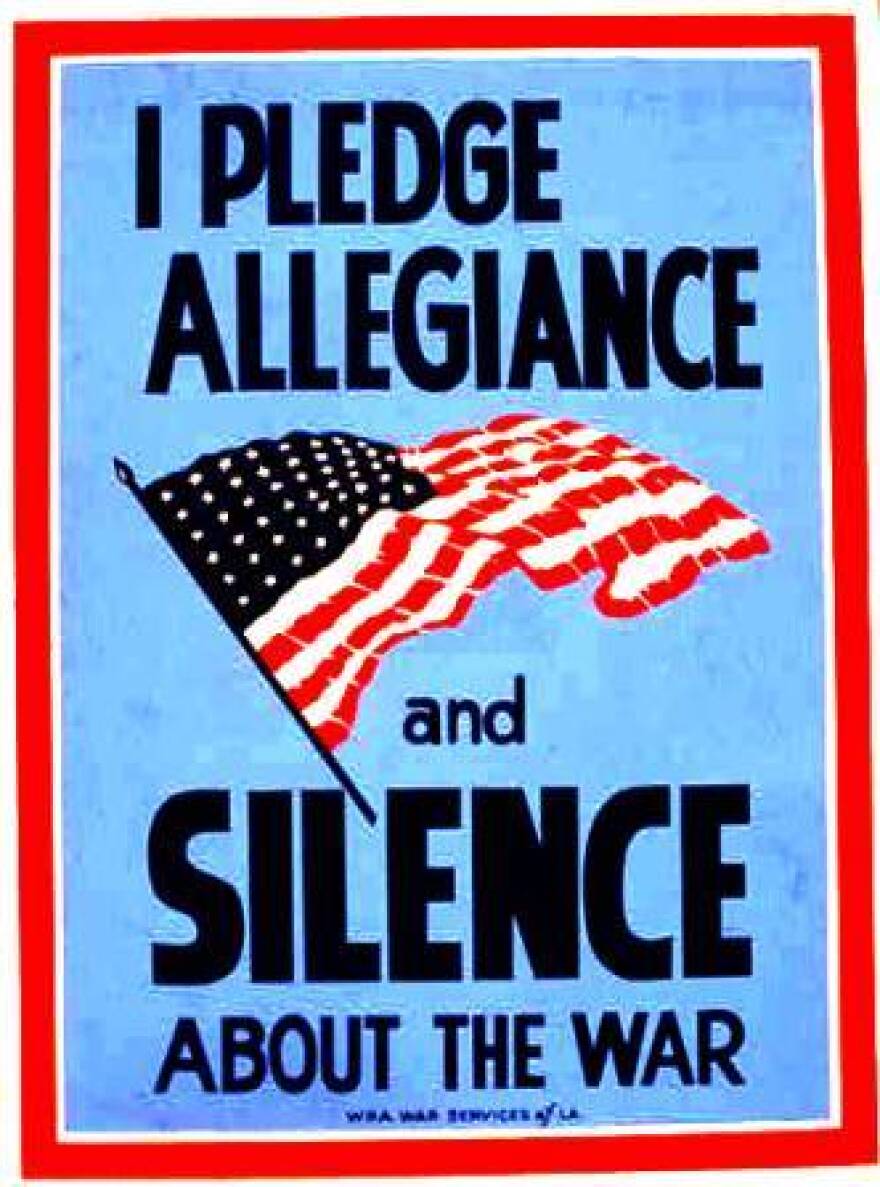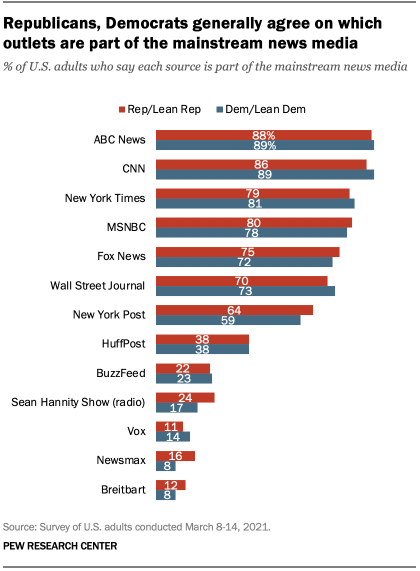Our founding fathers knew how important it is for each American citizen to be able to use one of the most powerful tools: our voice. The second clause of the First Amendment establishes that Congress shall make no law abridging the freedom of speech or of the press, yet the Espionage Act in 1917 and the Sedition Act of 1918 blatantly go against these principles.
Since Congress is the branch of government to decide whether our country will go to war or not, it should come as no surprise that they also passed these laws that punished anti-war government employees and silenced anti-war voices. It was quite literally a crime to criticize the government and it's action. But isn't this the whole point of a democracy? Isn't the responsibility of each citizen to criticize the government and practice vertical checks and balances between all levels?
Even though it appears unconstitutional, because it may very well be, anti-war voices are still somewhat silenced today in the way they are missing from mainstream media.
After reviewing some of the stories on anti-war websites, it was evident that these opinions were not identical to the ones that are constantly published in the news and media that we often consume. We rely on these larger news organizations for our information; however, are we really consuming a variety of sources or the same opinions repeated in all mainstream media?
We are forced to search for these minority opinions elsewhere, and they are somewhat difficult to locate because they are considered controversial. These controversial opinions, however, are a necessary contribution to the marketplace of ideas that we claim to have established in our country.
The American Conservative recently published a story about the thousands of Nikki Haley donors from the Democratic Party that are doing everything they can to stop Trump and undermine the GOP. On the other hand, the Washington Post has only been concerned with Trump's hush trial and the claim's made against him.I understand that it is important to write without bias, but it is ultimately inevitable. Many mainstream news outlets tend to have a certain bias in the choices of what stories they cover and how they approach the more controversial topics.
The same conservative website features stories about the pro-life movement, Trump's correct statements about NATO, and Nikki Haley's "desperate speech for relevance." I highly doubt these stories would be featured in the common media that portray Trump as the villain of this time period.
So do we actually have a marketplace of ideas, and more specifically one that accepts all thoughts and opinions? The short answer would be no. At least not in the mainstream media that we are all exposed to whether we search for it or not.




No comments:
Post a Comment